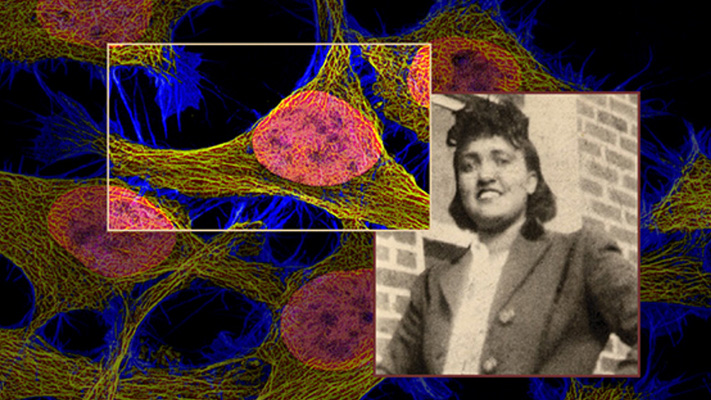NHGRI proposes an action agenda for enhancing the diversity of the genomics workforce
Happy New Year! And thank goodness 2020 is now in the rearview mirror. With encouraging developments related to COVID-19 now being realized, I encourage everyone to continue being vigilant in their daily lives to stay safe and healthy. There is much to be optimistic about in 2021, both related to ending the pandemic and to pursuing exciting opportunities in genomics.
The Genomic Medicine Working Group of the National Advisory Council for Human Genome Research recently published a “year in review” paper in the American Journal of Human Genetics highlighting 10 publications from the past year that reported significant advances in genomic medicine. This is the second consecutive “year in review” written by this group, and it once again provides an impressive reminder of the pace at which genomic medicine is being implemented. I encourage you to take a look at this paper.
All the best,
![]()
In this issue
- NHGRI proposes an action agenda for enhancing the diversity of the genomics workforce
- New NHGRI seminar series features bold predictions for human genomics
- Lesson plans explore Henrietta Lacks’ life and importance to our understanding of science and society
- NHGRI implements explicit consent for broad data sharing
- Dr. Alexander Wilson retires from NHGRI

Strive for global diversity in all aspects of genomics research, committing to the systematic inclusion of ancestrally diverse and underrepresented individuals in major genomic studies — attention to diversity in genomics research is both socially just and scientifically essential, which includes meaningful, sustained partnerships with diverse communities in the design and implementation of research studies, the propagation of research findings, and the development and use of new technologies.
NHGRI’s embrace of diversity as a guiding principle brings to the fore decades of effort to recognize the scientific importance of human genetic and social variation. Well into this millennium, prevailing opinions stressed the analytic hazards of genetic heterogeneity and spurned the inclusion of ancestrally diverse groups to focus almost entirely on a single ethnicity. This sharply blinkered view has led to misinterpretation of genetic findings, misapplication in clinical care, and mistrust among excluded populations — redress of which will require sustained and sincere effort. Having trained and cared for patients in some of the poorest non-white neighborhoods in Baltimore and Boston, as a clinician I am heartened by NHGRI’s commitment to expanding diversity in its research, training, and community engagement programs. Only in this way can we learn from and ensure benefit to all populations in what is not only a social and ethical, but also a critical scientific, imperative.
Teri Manolio, M.D., Ph.D. (Director, NHGRI Division of Genomic Medicine)
Seminar Series: Bold Predictions for Human Genomics by 2030
Session 1: February 1, 2021, from 3 p.m. to 4:30 p.m.
Prediction: Generating and analyzing a complete human genome sequence will be routine for any research laboratory, becoming as straightforward as carrying out a DNA purification.
Speakers:
- Evan Eichler, Ph.D., University of Washington
- Karen Miga, Ph.D., University of California, Santa Cruz

About The Genomics Landscape
A monthly update from the NHGRI Director on activities and accomplishments from the institute and the field of genomics.
Last updated: January 7, 2021





